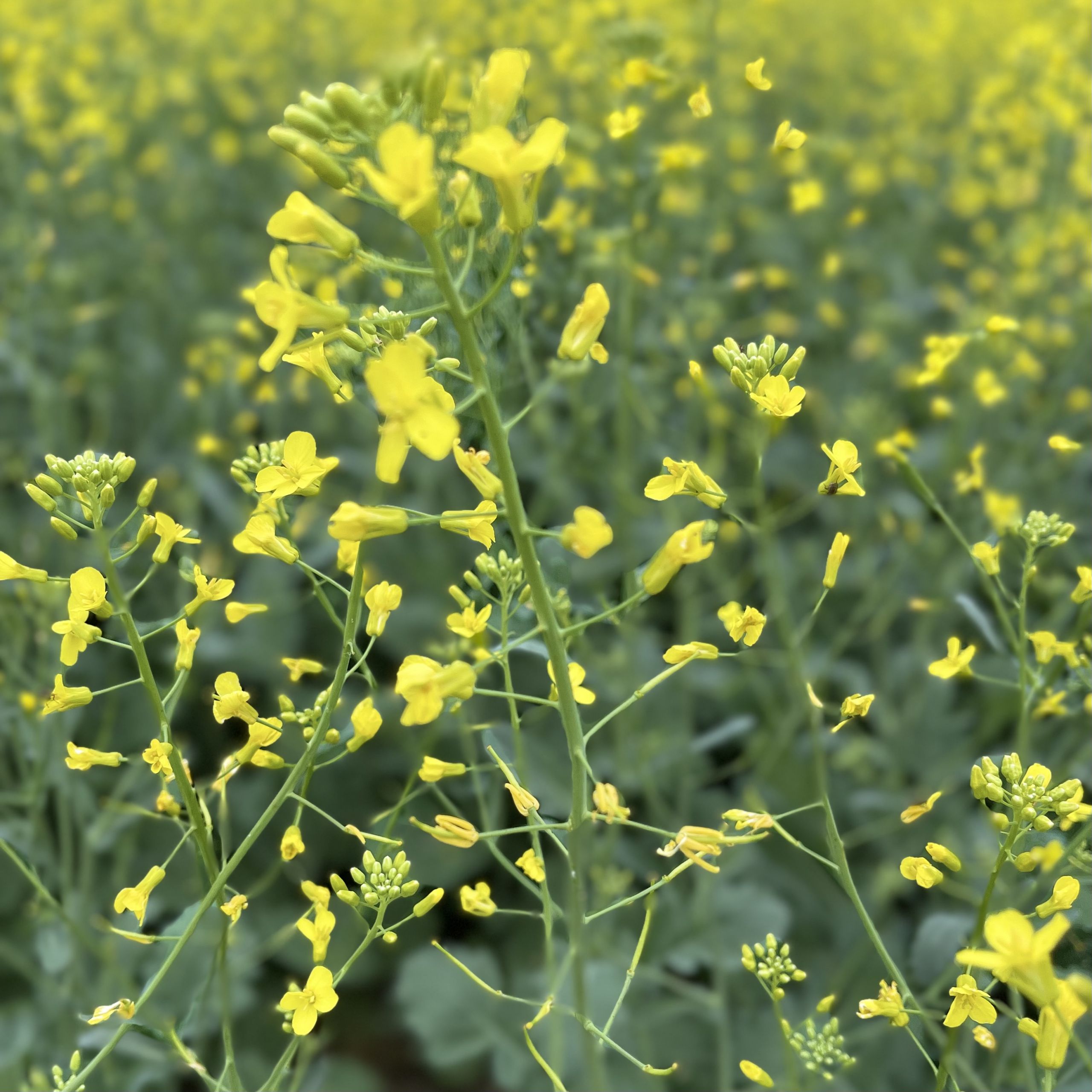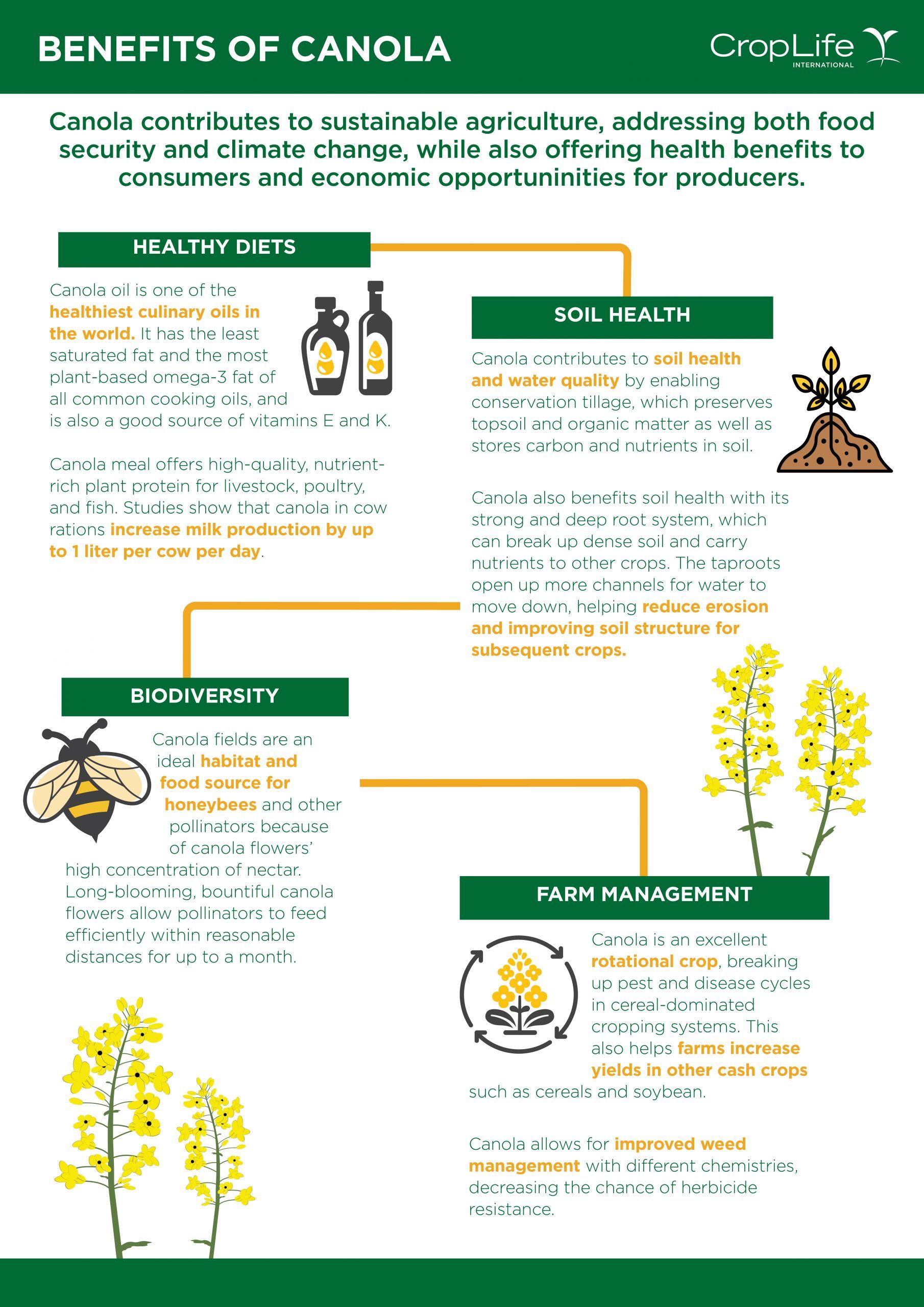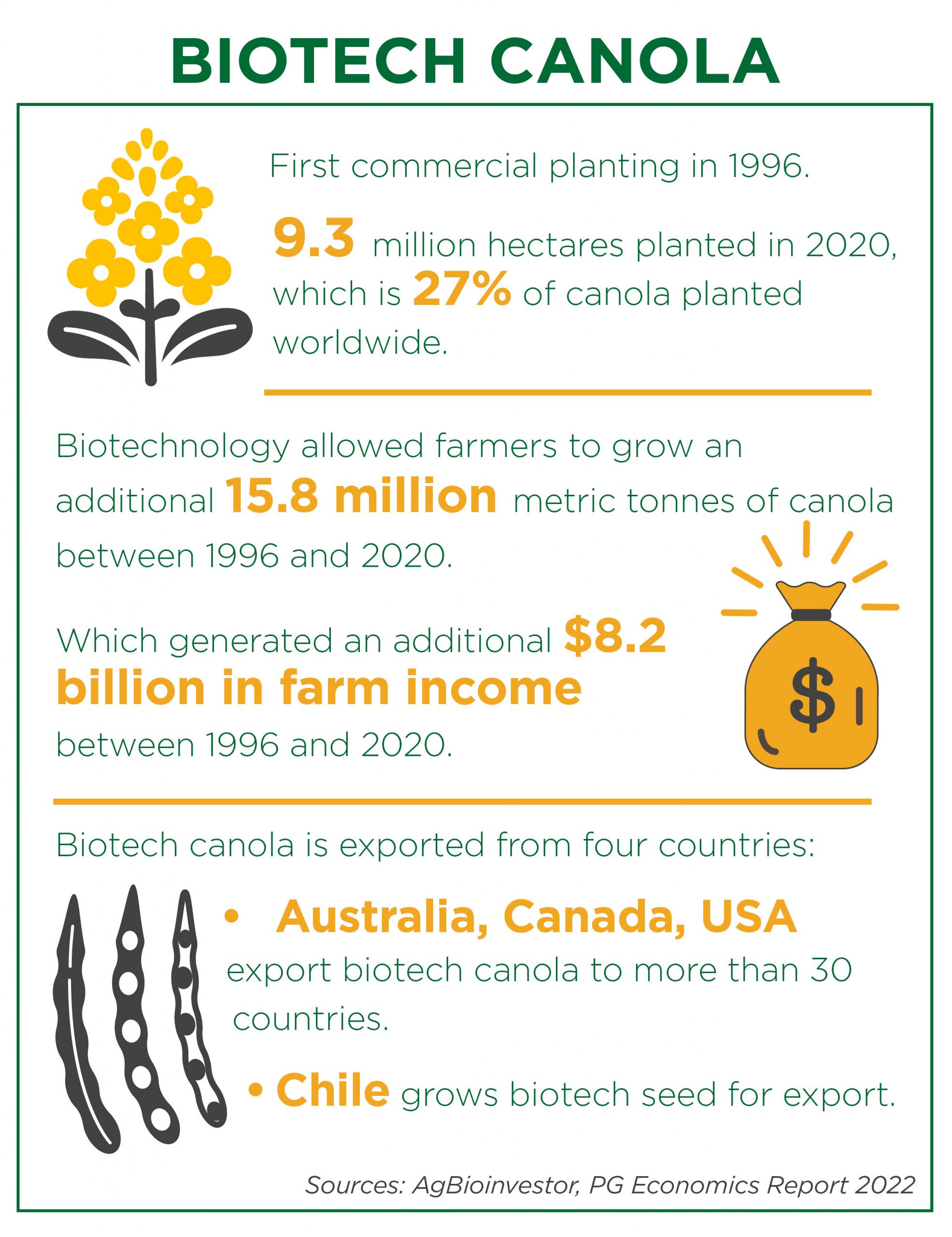Canola: We Can Have It All
by Robert Hunter, Chief Operating Officer

As a Canadian farmer, I think I was born knowing about the importance of canola. This is a crop that offers health benefits for consumers, boosts economic opportunities for the farming sector, stimulates agricultural R&D, and helps promote biodiversity. And now, the rest of the world is catching on, with global demand for canola oil reaching record highs in 2022.
Canola is a high-value, no-waste crop that produces oil for human consumption and protein for animal feed. It is primarily grown for its oil, which is one of the healthiest and most versatile edible oils in the world.
For farmers, canola improves profitability as an excellent rotational crop. It’s also a prime example of sustainability in farming: contributing to soil health, supporting carbon sequestration, and providing a habitat for pollinators.
Canola has also harnessed the power of plant science and technology in improving genetic strands and boosting productivity, with benefits for both farmers and consumers. It has been a biotech standout since the late 1990s, and rising demand has more and more countries increasing their acreage, production, and consumption.
Canola isn’t the only crop in the world that can offer these benefits for the planet, farmers, and consumers, but it is a great example of a crop that delivers innovation and economic return and continues to improve the sustainability of our food systems.
As said best by the Canola Council of Canada – “Canola! It’s good for every body!”

Innovation in Canola

Not only is canola full of benefits for humans and the planet, it’s also been a model for the effective application of cutting-edge developments in biotechnology. Investment in research and innovation has driven canola to become one of the world’s most important oilseeds.
Biotechnology has empowered canola with herbicide tolerance since 1996, creating an enabling environment that has allowed for the additional global production of nearly 16 million tonnes of canola over the last 25 years.
In 2020, biotech canola accounted for more than a quarter of total canola production worldwide. These biotech seeds allow farmers to get more seed per acre and more oil per seed through improved genetic material. Biotech canola accounts for the vast majority of canola planted in Canada, Chile, and the United States; and 15 countries so far have approved biotech canola for planting, most recently the Philippines in 2019.
This trend is encouraging, but global regulatory harmonization is urgently needed to ensure free movement of and access to biotech canola seed. The ability to fully tap into the economic and environmental opportunities offered by canola depends on a predictable, science-based regulatory system.
New innovation, and access to this innovation, must not be impeded by policies that restrict important technologies. We need regulations that support innovation, limit trade impediments, and increase industry investments.